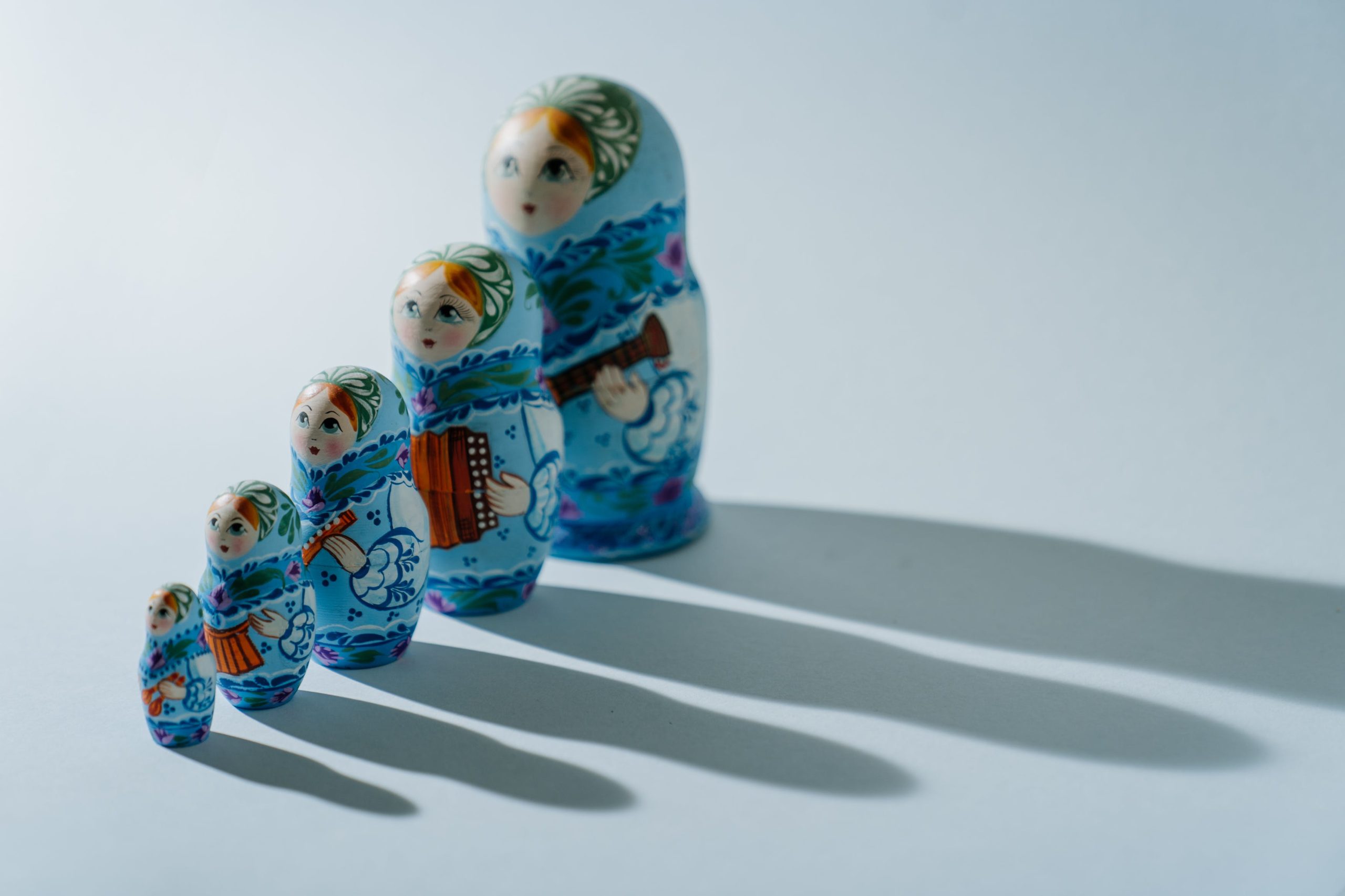Reading Lists
10 Fictional Mothers Who Will Make You Thank God for Yours
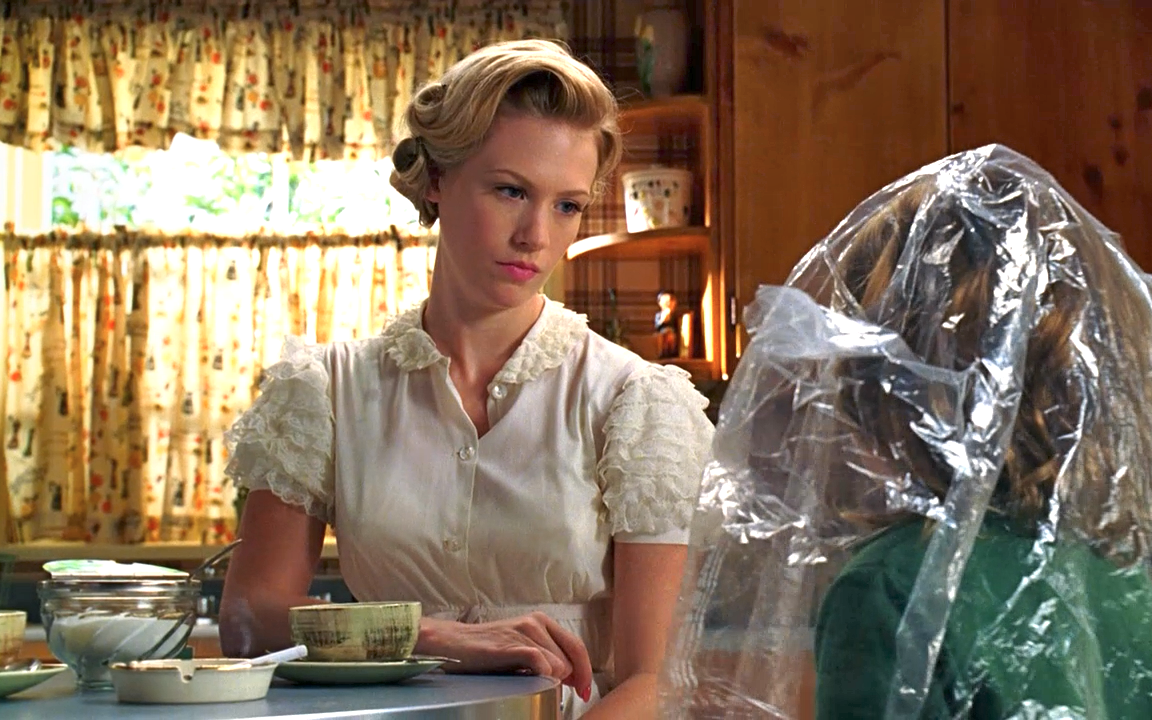
Literature is teeming with bad mothers. This list of manipulative, abusive, selfish, and often downright cruel women is an impressive survey of the unique ways in which a single person might screw up a child. Why the obsession with terrible moms? Historically women have been the primary caretakers. It’s been Mom, not Dad, whose everyday interactions shape a child, for better or for worse. Add that to the physical bond of pregnancy and the idea that mothers who can’t parent are going against nature, whereas many a bad father gets off with the relatively light sentence of being a jerk.
Despite the annoying gender imbalance of this phenomenon, it makes for great reading. Some mothers are overbearing, insufferable nags. Some are self-involved or delusional and hardly notice their children at all. Often these women have sad stories of their own. They’re one link in a chain of dysfunction which, like the proverbial car crash, you just can’t look away from. No matter what, these bad mothers allow literature to do what it does best: investigate the ways in which humans affect each other.
In honor of Mother’s Day, here is a list of mothers so terrible, they’ll make you want to call up your own mom and thank her as soon as possible.

1. Cathy Ames in East of Eden by John Steinbeck
Steinbeck doesn’t beat around the bush when it comes to Cathy Ames, introducing her as “a malformed soul.” Motherhood hardly reforms the former prostitute who killed her parents by setting fire to their house. After seducing both Trask brothers (thus leaving the parentage of her twins open to question), Cathy abandons her children. That’s not the worst fate, as it frees them from a woman who proceeds to murder her husband and run a brothel that’s involved in all kinds of drugs and violence. In Steinbeck’s nod to parable, Cathy is meant to evoke “Eve” and the introduction of sin into the world; he also set the bar for bad mothering extremely, and almost reassuringly, high.
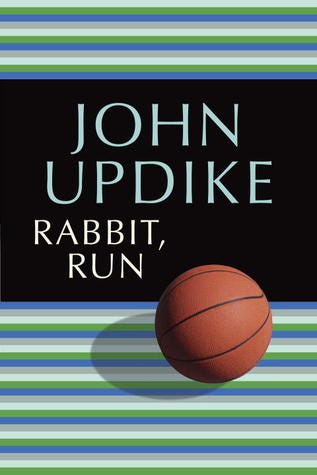
2. Janice Angstrom in Rabbit, Run by John Updike
Janice Angstrom is a drunk mess. To be fair, she is stuck in a marriage with a selfish, wayward ex-high school basketball star who spends all day hawking MagiPeelers to housewives. But even life with Rabbit Angstrom doesn’t justify the mother that Janice becomes or her ultimate, unforgivable act. After spiraling into a dangerous state of postpartum depression mixed with heavy drinking, Janice accidentally drowns their baby daughter in the bath.
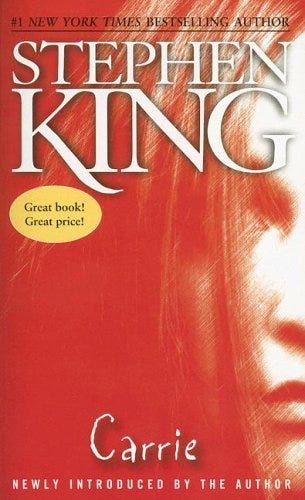
3. Margaret White in Carrie by Stephen King
Margaret White’s foray into motherhood does not start well. After having sex with her husband before marriage, the fanatically religious Margaret throws herself down the stairs to induce a miscarriage. Her second attempt at motherhood manages to be even worse. From the time that her daughter Carrie is a baby, Margaret suspects her of being a witch and treats her as such, locking her daughter in a special “prayer closet” for hours at a time. Margaret also takes repressive views of women’s sexuality to new highs with beliefs such as developing breasts is something that only happens to “loose women.” Thankfully Carrie is harboring some kick-ass secret powers which means she can get better revenge than most teenagers, who have to settle with getting a tattoo.
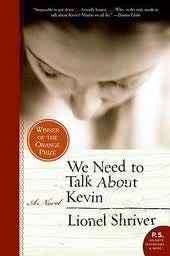
4. Eva Khatchadourian in We Need to Talk About Kevin by Lionel Shriver
At the outset it’s hard not to feel badly for Eva Khatchadourian; her son Kevin goes on a shooting spree at his school, mercilessly killing nine classmates and two members of staff. But the genius of Shriver’s chilling tale is that she investigates not just Kevin’s guilt, but Eva’s. It’s a twisted take on a question that society has debated for ages: what responsibility, if any, does a mother have over her child’s behavior? In this case, Eva certainly bears some blame. Her adversarial relationship with her son starts with pregnancy (she only concedes to have a child to please her husband) and escalates though Kevin’s childhood, epitomized by an episode where she throws Kevin across the room, breaking his arm. Whether or not Eva is to blame for Kevin’s crime, there was no way that child was going to grow up without some serious issues.
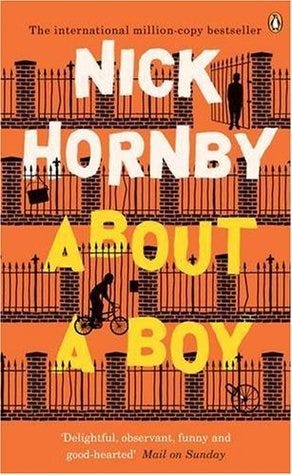
5. Fiona Brewer in About a Boy by Nick Hornby
Yes, this novel was written by Nick Hornby and made into a charming film with Hugh Grant, but there is a real darkness to the character of Fiona. She exemplifies the problems that can occur when a woman who’s not ready, or willing, to become a mother has a child. Fiona is immature and depressed, especially in the face of her latest romantic breakup, and she completely ignores the signs that her young son Marcus is struggling. At the height of her selfishness, Fiona overdoses on drugs in the living room, lying in a place where Marcus is sure to find her. Hornby’s novel reminds us that it’s hard enough to be twelve without having to parent your parent as well.
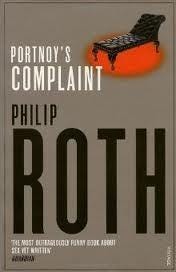
6. Sophie Portnoy in Portnoy’s Complaint by Philip Roth
No doubt to the distress of many real women, Sophie Portnoy became the stereotype of Jewish mothers everywhere. Sophie is an overbearing, nosey nag, a worrier, and, above all, “one of the outstanding producers and packagers of guilt in our time.” Her invasive, manipulative nature has its consequences, most obviously in Portnoy’s obsessive, anxious relationship to women and sex.
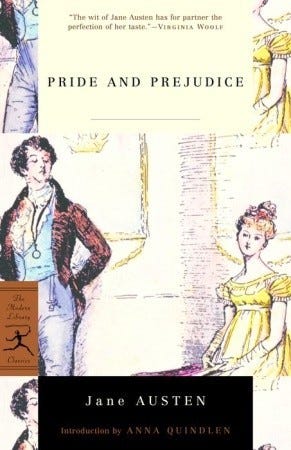
7. Mrs. Bennet in Pride and Prejudice by Jane Austen
Mrs. Bennet is another force to be reckoned with: she’s bossy, loud, crude, and probably an alcoholic. Most damningly, she’d trade her daughter’s happiness to calm her own nerves. When Mrs. Bennet tries to force Elizabeth into marrying the gouge-your-eyes-out-boring Mr. Collins, her meddling passes from “mother trying to ensure daughter’s future” to “enforced slavery.” Jane Austen makes it clear that even in the 18th century that’s a pretty contemptible act.
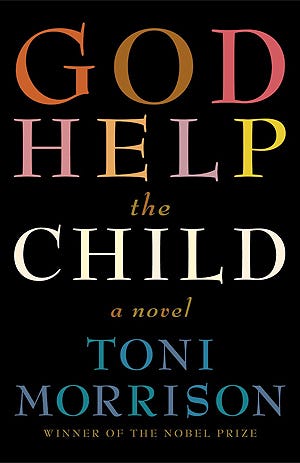
8. Sweetness in God Help the Child by Toni Morrison
What should a mother do when her child is not what she expected or desired? We can all probably agree that the answer is “love the child anyway,” but unfortunately that’s not always the case, in the real world or in literature. Disappointment mixed with a sort of revulsion is what overtakes Sweetness, a light-skinned black woman who gives birth to a “blue-black” baby in Toni Morrison’s latest novel. Sweetness hates her daughter Bride’s dark skin and Bride grows up without any love or tenderness; Sweetness won’t even touch her baby’s skin without a cloth or sponge. In the end it’s Sweetness’s cruelty that impacts Bride’s life, far more than the color of her skin.

9. Mrs. Lisbon in The Virgin Suicides by Jeffrey Eugenides
Mrs. Lisbon is a fanatic Catholic who runs her household with an iron first. When generally repressing her daughters doesn’t stop them from disobeying her, she pulls them from school and locks them in the house. Being isolated within the crazy, literally disintegrating household leads all five of her daughters to kill themselves. Mrs. Lisbon is only half of the dysfunctional parenting duo that is the Lisbons, but taking even fifty percent of the blame for the death of five daughters still makes you one of literature’s worst moms.
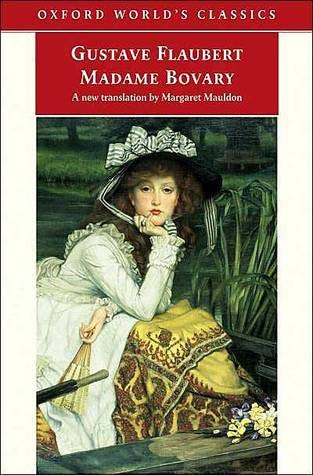
10. Emma Bovary in Madame Bovary by Gustave Flaubert
Emma Bovary’s life is no picnic, but her decision to deal with her mounting debt through suicide ensures that her daughter, Berthe, will have a life that is just as desperate as Emma’s own. The last we see of Berthe is when she is sent to live with an impoverished aunt who forces her to work in a cotton mill. It’s a sad state and, given how her mother’s notorious past will haunt her, things are likely to only get worse.








